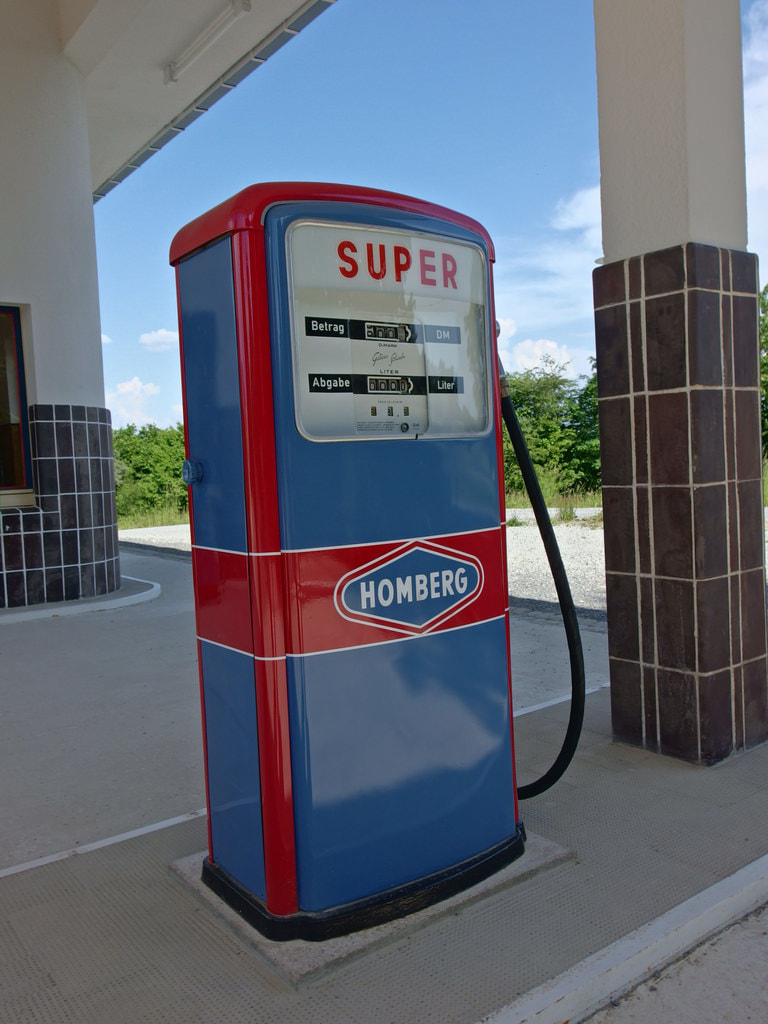| So, how’s that proposed 10-cent hike in the gas tax looking to you now? Are you ready to check the “yes” box on a non-binding (but in reality pretty darned binding) measure this fall to add that amount the your weekly fill-up, based on another nonbinding promise that state lawmakers will put that money through a contorted process that ends up in public schools? Or are you already discussing how to shorten your summer road trips to conserve costs? Grand philosophical matters often turn on such personal concerns. Two months ago, when the Utah Legislature debated this tax hike as a way to diffuse a proposed ballot initiative that would have raised income and sales taxes for education, gas was hovering at an |
| | average of about $2.30 per gallon. This week, it passed $3 a gallon in Utah for the first time since 2015. That’s an increase of almost one-third, which coincidentally is the same as the percentage this voluntary tax increase would add to the current gas tax. Few things in life generate as much attention when they go up in price. Raise the price of lettuce and people just add more tomatoes to their burgers. Raise the price of real estate and some people shrug while others dream of even larger home equity loans. But raise the price of gas and suddenly everyone is talking. People trot out old conspiracy theories. Politicians begin demanding investigations. And, inevitably, the president tweets. Late last week he added this to the dialog: “Oil prices are artificially Very High! No good and will not be accepted!” Not accepting it, however, won’t be easy, unless everyone buys bicycles or someone begins an Uber-like rickshaw service. But if we won’t accept what the market is doing to gas prices, will we accept an opportunity to add even more? State lawmakers spoke a lot about balancing funds so they are used more appropriately. Too much of the state’s general fund is going toward roads and highways. Increasing the gas tax would be a more appropriate way to fund those things — sort of as a user fee, although it could be argued that even people who don’t drive impact roads by buying groceries and other items that were brought in by trucks. It also could be argued that people with electric or natural-gas cars won’t get to participate. But never mind that. With a higher gas tax, the state could divert more of that general fund money to education — provided the lawmakers you elect this fall agree, and provided voters say yes to the concept. But arguments about shifting funds and balancing appropriations are mumbo-jumbo to many, if not most, voters. Instead, they will focus on what this would mean to their own transportation budgets. And if they vote “no” this fall, the danger is lawmakers who focused on the gas-tax hike as an education measure will assume the public doesn’t want to raise taxes for schools, which could affect school funding debates for years to come. The main funding source for public schools is the income tax. But conservative lawmakers believe raising that tax, while a more direct way to fund education, would be a bad idea, considering Utah competes for business against neighboring states like Nevada and Wyoming, which have no income tax at all. So, why have gas prices gone up in recent weeks? The usual reasons apply. As NBC News recently reported, economic conditions are improving worldwide, which means people are demanding more gas. The coming summer driving season has raised the price of oil futures. This comes as OPEC countries and Russia have agreed to reduce production. American producers, hurt by the former low prices, have not yet ramped up production to compensate. Major oil companies do not, to my knowledge, own stock in the Otis Elevator Company, but they experience just as many ups and downs, which is why it’s never wise to bank on voters voluntarily agreeing to add a lot to the costs of driving a car. Of course, the market conditions of April may not hold steady until November. We could be paying a lot less by then, which might make you more likely to vote for a gas-tax increase. But that’s a lot of uncertainty for something as important as schools. |


 RSS Feed
RSS Feed

